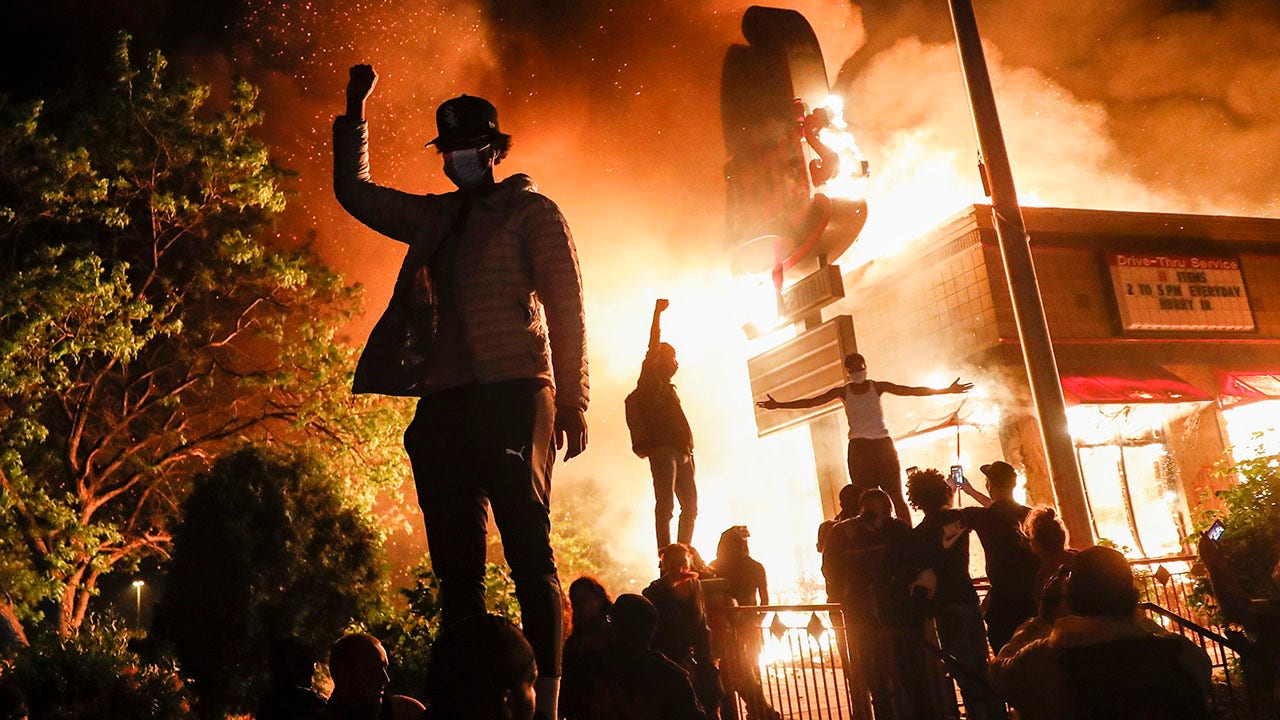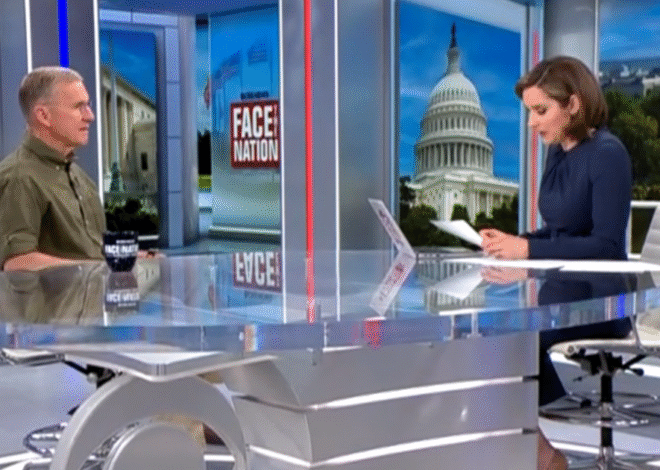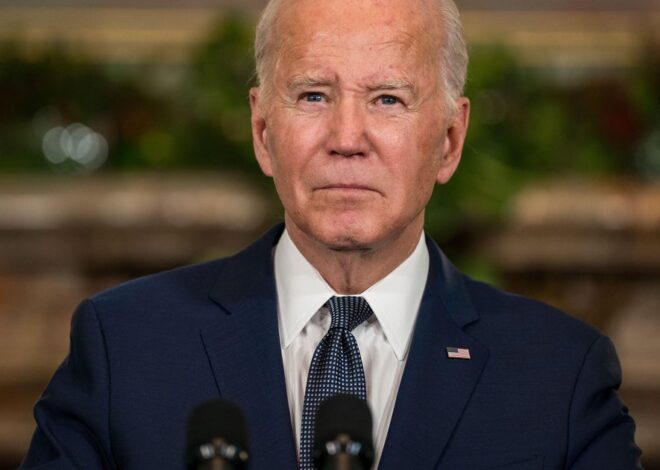
Minneapolis Faces Fresh Bloodshed Amid Years of Police Cutbacks and Leadership Debate
I’m not sure how many times a city can be shaken before people stop feeling it. But this time, even for Minneapolis, something hit harder. In just one day, six people were killed and five more were injured in separate shootings — not over a week or a month, but in a 24-hour window. It’s the kind of violence that forces old debates back into the spotlight, even if some folks would rather avoid them.
The name at the center of this particular moment is James Ortley, a 34-year-old with a long history of run-ins with the law. Police say he’s behind a mass shooting on April 29 that left four people dead and two others wounded. That incident, as it turns out, was only the beginning of a day defined by gunfire.
Have We Been Building Toward This?
Former attorney general candidate Jim Schultz thinks so. He spoke out quickly, pointing to what he calls “a long line of decisions” that, over time, made situations like this more likely. In his view, the city’s response to policing after George Floyd’s death has created an imbalance that’s difficult — maybe even dangerous — to ignore.
“We’re now seeing, very clearly, what happens when law enforcement is sidelined, when budgets are slashed, and when political leaders send mixed messages about justice,” Schultz said. “This isn’t just policy on paper anymore — it’s showing up in body counts.”
Whether that sounds too harsh or uncomfortably accurate likely depends on who you ask. But one thing most people agree on: Minneapolis has fewer officers than it used to. Morale among police is, at best, bruised. And many in the community feel that crime, while not at peak levels from past years, still looms too close.
A Criminal History Overlooked?
Ortley’s background isn’t a blank slate. Over the last 15 years, he’s been tied to serious crimes — including robbery, weapons charges, and at least one bar stabbing. In 2021, witnesses say he stabbed a man in the back after chasing him through the street. The court sentenced him to nearly three and a half years, but the sentence was paused through a stay of execution, meaning he served probation instead.
Critics say that’s part of the problem — not just that crimes happen, but that consequences often feel out of sync. Schultz and others say this is especially visible under Mary Moriarty, the Hennepin County Attorney. Her office, they claim, has leaned too far into leniency, embracing reforms that leave victims and communities exposed.
Justice or Imbalance?
The latest controversy involves a directive from Moriarty’s office encouraging prosecutors to factor in race when considering plea deals. The idea, according to supporters, is to address long-standing disparities. But the Department of Justice isn’t so sure — they’ve launched a civil rights.



